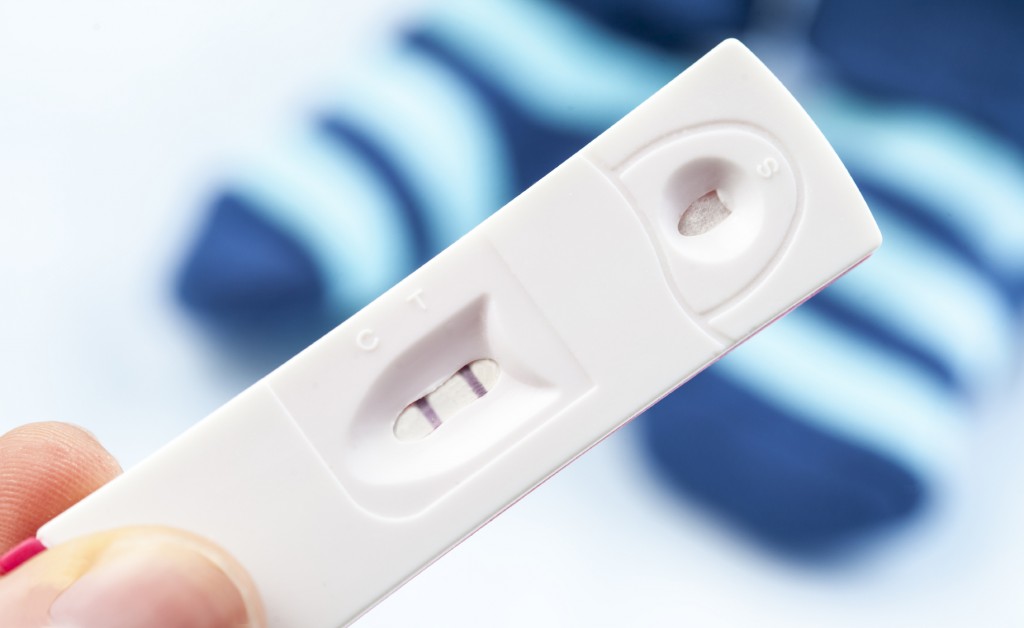
By now it’s the stuff of Internet lore.
In November 2012—eons ago in the annals of social media—a young man posted a curious comic on the bulletin board website Reddit.com.
“Just male me, going through the medicine cabinet,” he wrote. “When suddenly, I find an unused pregnancy test my ex-gf must have left.
“I use it … A little later … I’m pregnant.”
Other users on the website reacted quickly, advising the man to seek help. One wrote, “If this is true, you should check yourself for testicular cancer. Seriously. Google it.”
Long story made short: The man went to a doctor and learned he had cancer. His friend explained the whole turn of events in another comic at reddit.com.
And unlike most oddities on the Internet, this one was true.
It’s all about the Beta-HCG—human chorionic gonadotropin.
“HCG is a protein that goes off the charts in pregnant women,” said Brian Lane, MD, PhD, chief of urology for Spectrum Health Medical Group. “That’s the basis of a pregnancy test.”
Cancer cells also make the protein, including some but not all types of testicular cancer, a disease most common in men ages 20 to 39.
“It’s the same protein, the same test,” Dr. Lane said.
The biggest problem with the test, however, is it can’t detect all types of testicular cancer. A man can urinate on a pregnancy test stick and register a negative reading, but it doesn’t mean he’s cancer-free. About 80 percent of men who have testicular cancer would not trigger a positive reading on a pregnancy test, Dr. Lane said.
“If a guy feels a lump in his testicle and then he takes a pregnancy test and it’s negative, it doesn’t mean he doesn’t have testis cancer,” Dr. Lane said.
On the other hand, if a man uses a pregnancy test stick and sees a positive reading, he can know with nearly 100 percent certainty he has testicular cancer, Dr. Lane said.
But there may be a more important lesson in all this.
“If you’re a guy in your 20s or 30s and you don’t have a primary care physician, then you’re taking this test on by yourself, it’s just too much to expect a guy to handle it alone,” Dr. Lane said.
Think about it: A young man, otherwise healthy, discovers from a home pregnancy test that he has testicular cancer. There’s an inherent risk to self-diagnosing because you don’t have a doctor or health professional who can help you put things in a proper context if you’re hit with some bad news.
“For any of us, but certainly for a young man, this is certainly a potentially life-changing moment,” Dr. Lane said. “That’s the downside of doing that kind of testing on your own.”
The good news: Testis cancer is almost always treatable, particularly when it is discovered at its localized stage, according to the National Cancer Institute’s Surveillance, Epidemiology, and End Results program. It’s also a less common form of cancer.
“There is a greater than 99 percent long-term survival for testis cancer,” Dr. Lane said.
 /a>
/a>
 /a>
/a>
 /a>
/a>